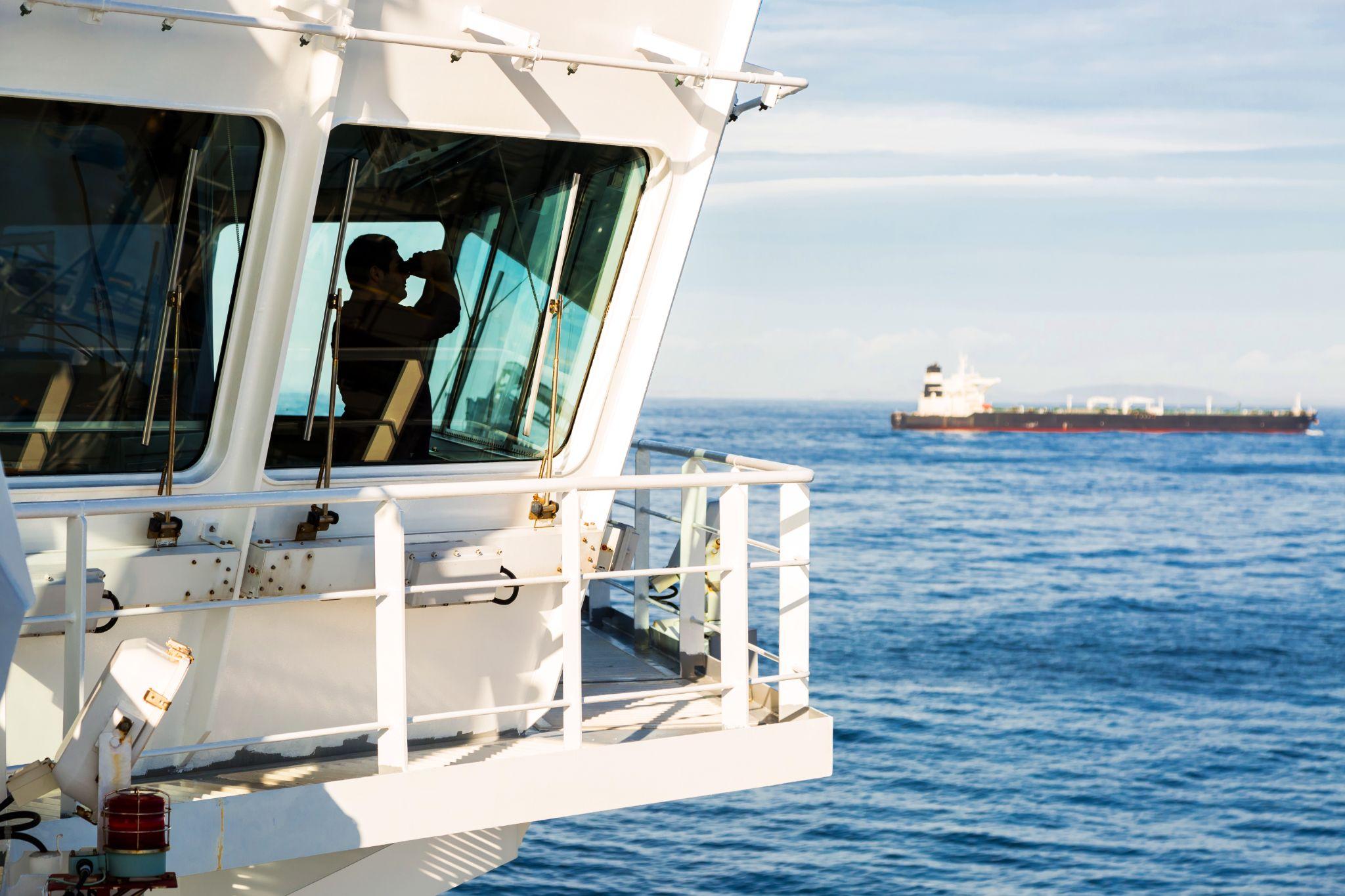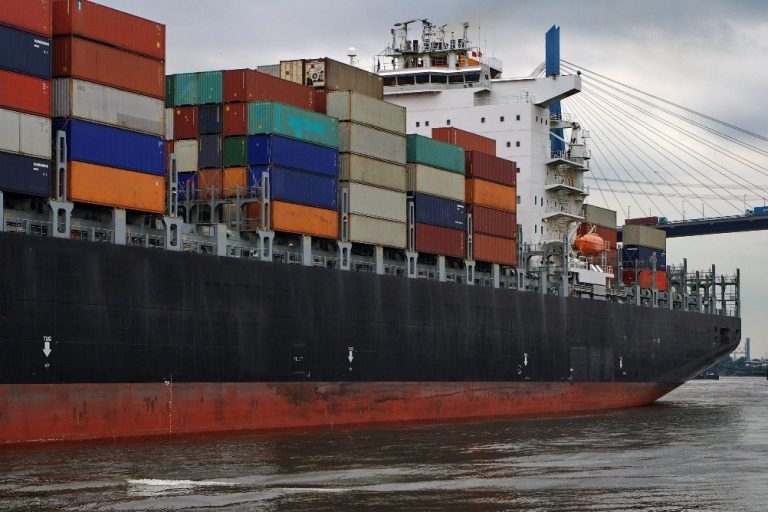When a maritime worker is injured on a ship or platform, they are generally not eligible for workers compensation. Maritime law provides protection for these injured workers, and one of these laws is the Jones Act. Do you qualify for Jones Act compensation because of a maritime injury, illness, or accident at sea?
Common Types of Maritime Accidents
Working on board a ship or drilling platform comes with an increased risk of maritime accidents and injuries due to a number of factors. Some of these risks are inherent to the work and are not considered the fault of the shipowner, while others might have been caused by negligence.
Some types of maritime accidents that might result in Jones Act Claims include:
- Accidents with cranes, winches, or equipment while loading or unloading
- Slipping and falling accidents, falling overboard, or drowning
- Explosions or fires that cause burns, smoke inhalation, or death
- Hazardous chemicals or biological hazards that cause serious illness
- Lifting, pulling, or shoving in the course of your duties causing sudden or repetitive motion injury
- Collisions with other ships, docks, or underwater objects causing injuries, hypothermia, or PTSD
- Diving accidents while doing ship repair or maintenance at sea
These common maritime accidents can result in broken bones, brain injuries, spinal cord injuries, and other life-changing conditions that can limit your ability to work and provide for you and your family. In some cases you may be eligible for Jones Act compensation if your accident was partly caused by employer negligence or an unseaworthy vessel.
Which Maritime Accidents Are Covered Under the Jones Act?
The Jones Act does not list specific types of accidents or injuries that are covered. It is intended to provide a path to compensation for maritime workers who meet certain legal criteria and in situations where the shipowner is at least partly responsible for causing the accident or illness.
It is important to remember that even if you were partly to blame for your accident or illness, there are many ways in which a shipowner might have failed in their duty to provide you with a safe working environment, proper safety equipment, and sufficient training for you and your crewmates that might have prevented your injury.
Even if negligence is not a factor, injured maritime workers are generally entitled to Maintenance and Cure, which means that if they are injured in the course of their duties at sea, the vessel owner must pay their medical expenses and reasonable living expenses until they can return to work. This basic protection is no-fault, meaning you do not need to prove anyone was negligent to receive maintenance and cure benefits.
Who Can Bring a Jones Act Claim?
You will need to schedule a free consultation with a maritime attorney to evaluate your specific situation, but in general :

- The illness or injury must have happened or developed while working in service of a vessel.
- The shipowner or a fellow employee must have been negligent in some way, or the vessel was unseaworthy.
- The injured person must qualify as a Seaman, which is an individual engaged or employed in any capacity on board a vessel who:
- Works on a vessel (or platform) in navigable waters at least 30% of their work time with that vessel or a fleet of vessels
- Directly contributes to the ship’s functioning and performance of its duties
How a Shipowner May Be Negligent Under the Jones Act
Fleet and shipowners have a legal duty to properly maintain their vessels and equipment and protect the safety of those onboard. The duty of the shipowner is broad, and there are many ways that they might be found negligent under the Jones Act.
A shipowner may be negligent if they failed to:
- Provide a seaworthy vessel suited to its purpose.
- Post warning signs in hazardous areas of the ship.
- Repair broken, worn, or malfunctioning equipment.
- Provide adequate and recommended safety gear.
- Install non-skid surfaces, protective railings, and safety guards.
- Clean up spills, leaks, chemical exposure, and biological hazards.
- Perform regular inspections of equipment and the vessel.
- Provide proper training to crew members.
- Supervise employees to prevent workplace violence and assault.
- Navigate to avoid collisions, known obstacles, and predictable dangerous weather.
- Provide professional medical assistance or emergency airlift when needed.
Compensation for Maritime Injuries Under the Jones Act
To file a Jones Act claim, you will need advice from a maritime attorney with experience in the compensation process. There are four potential categories for compensation under the act, which include medical expenses, loss of earnings, pain and suffering, and possible punitive damages.
Medical Expenses
Under the Jones Act, you may be eligible not only for your present and documented medical expenses, but also for future anticipated medical expenses including travel, physical therapy, mental health services, and assistive devices.
Loss of Earnings
Compensation under the Jones Act also may include loss of earnings while you are laid up and loss of future earning potential, including pay raises, advancements, and benefits. Accurately estimating the amount of future earnings you might lose as a result of your illness or disabling maritime injury is very important to your claim.
Pain and Suffering
Your compensation might also include payment for the physical and mental suffering you endure as a result of your accident or injuries. Suing for pain and suffering is another complex area of making a Jones Act claim. Whether it is likely to be awarded will depend on the severity of your injuries and the extent of your suffering.
Punitive Damages
Punitive damages are additional payments that you might be awarded in cases where it can be proven that the shipowner or employer showed reckless disregard for worker safety. If a vessel owner knowingly allowed dangerous conditions to persist or operated a vessel they knew to be unseaworthy, and you were injured as a result, you may be awarded additional compensation.
Do You Need a Maritime Attorney to File a Jones Act Claim?
While there is no law that prevents you from representing yourself and filing a Jones Act claim, there is no substitute for the sound advice from an experienced maritime law firm and having an attorney to advocate on your behalf. Some of the reasons to schedule a free consultation with a maritime attorney before you sign away your right to sue for compensation include:

- Determining if you qualify under the Jones Act or other federal laws, including the LHWCA (Longshoremen and Harbor Workers Compensation Act) to file a claim
- Getting advice on settlement offers or any documents that your employer wants you to sign that might limit your rights to file a lawsuit or receive additional compensation
- Professional help with the preparation of your filing paperwork, gathering evidence, and engaging expert doctors and witnesses to prove your case
- Having an advocate to negotiate with insurance companies and deflect pressure from your employer to settle or drop your valid claim, giving you time to heal and recover
When you are in rough waters after a maritime accident and need to understand your legal rights and options, contact us at Schechter, Shaffer & Harris, Maintenance and Cure. We have recovered millions of dollars in Jones Act claims and helped thousands of maritime workers keep their families secure after a serious injury or illness at sea.







